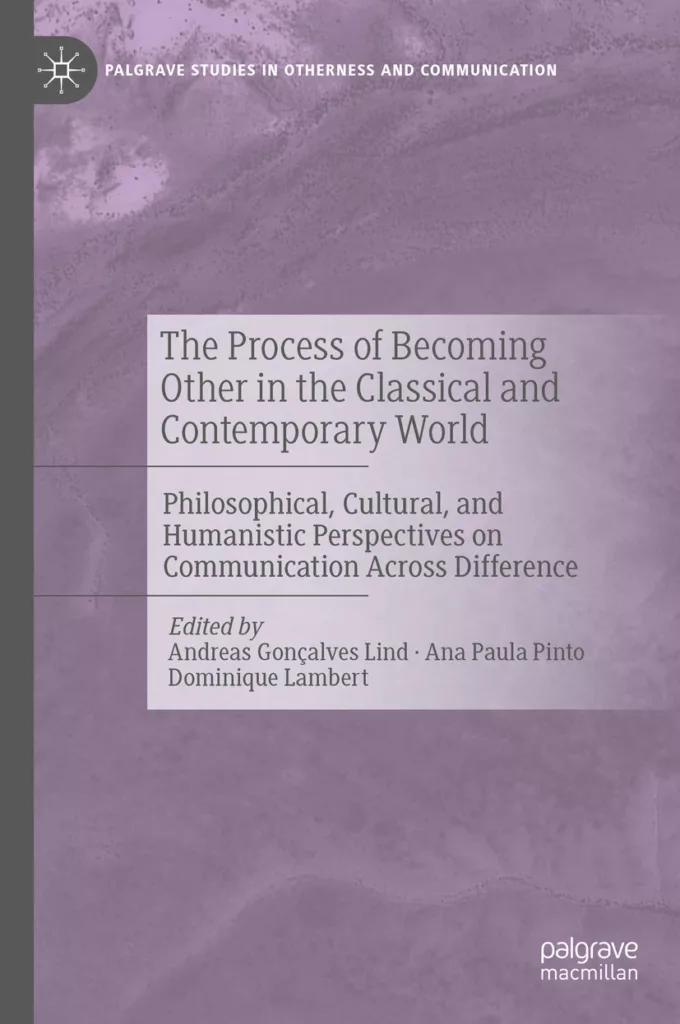“Intersubjectivity and Otherness In the Experience of Childbirth: Psychoanalysis and Transcendental Phenomenology,” In: Andreas Gonçalves LIND, Ana Paula PINTO, Dominique LAMBERT (eds), The Process of Becoming Other in the Classical and Contemporary World, Palgrave Studies in Otherness and Communication, Cham, Palgrave Macmillan, 2024, p. 175-191.
Abstract : The childbirth is an exemplary experience to revive and deepen our understanding of the process of becoming other. The phenomenological descriptions of childbirth indicate that if there is an intersubjectivity at work from the time of pregnancy, its nature is completely paradoxical, since the other in myself (ego), psychically invested by the mother, is not another self (alter ego), but a different self (the infans [lat. without speech]) that the pregnant woman once was, prior to the acquisition of language, receiving first aid and reassurance. These descriptions confirm the assertion of the Cartesian Meditations that “the other, first in itself (the first ‘not-me’), is the other me”. However, if this first object (the other me) invested by the mother is a condition of her maternal solicitude (Intropathy [germ. Einfühlung]), its paradoxical nature also indicates all the ambivalence of maternal passion.
Our contribution will set itself the task of describing the outcome of this passion, from the point of view of maternal subjectivity, in this space which is at the limit of the inside and the outside, of the intrapsychic and intersubjective, until the mother recognizes her child as a self-existing subject, differentiated from the one she once was. The experience of transformation of the maternal gaze transforms her herself profoundly to the point that she will be able to say at the end: I perceive myself as the same me who has become other in alterities which are alterations. The instinctual, passive, affective, and constitutive intentionality of maternal subjectivity will also be the occasion to initiate a real thought of transcendence of which the other/Other constitutes the impulse and the motive. In fact, intropathy is the basis of the internal ethical attitude, a condition for the possibility of a good enough relationship between the mother and her child, then within any present and future human community.

